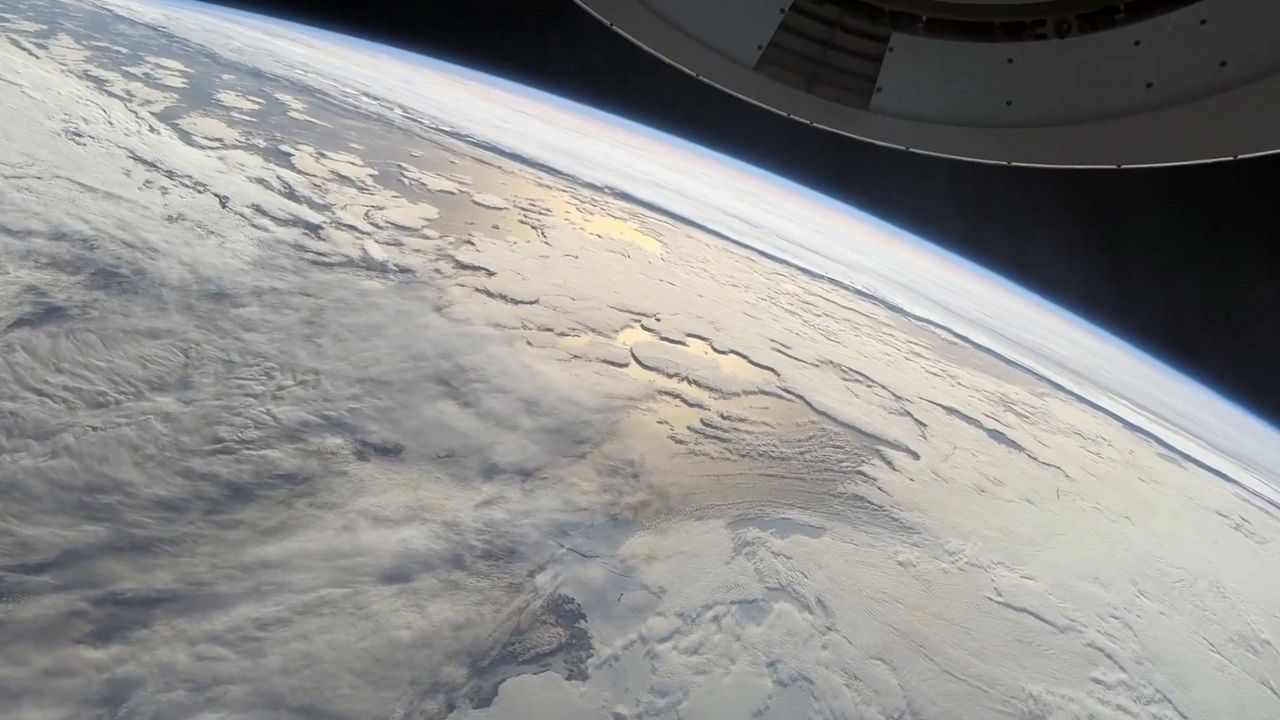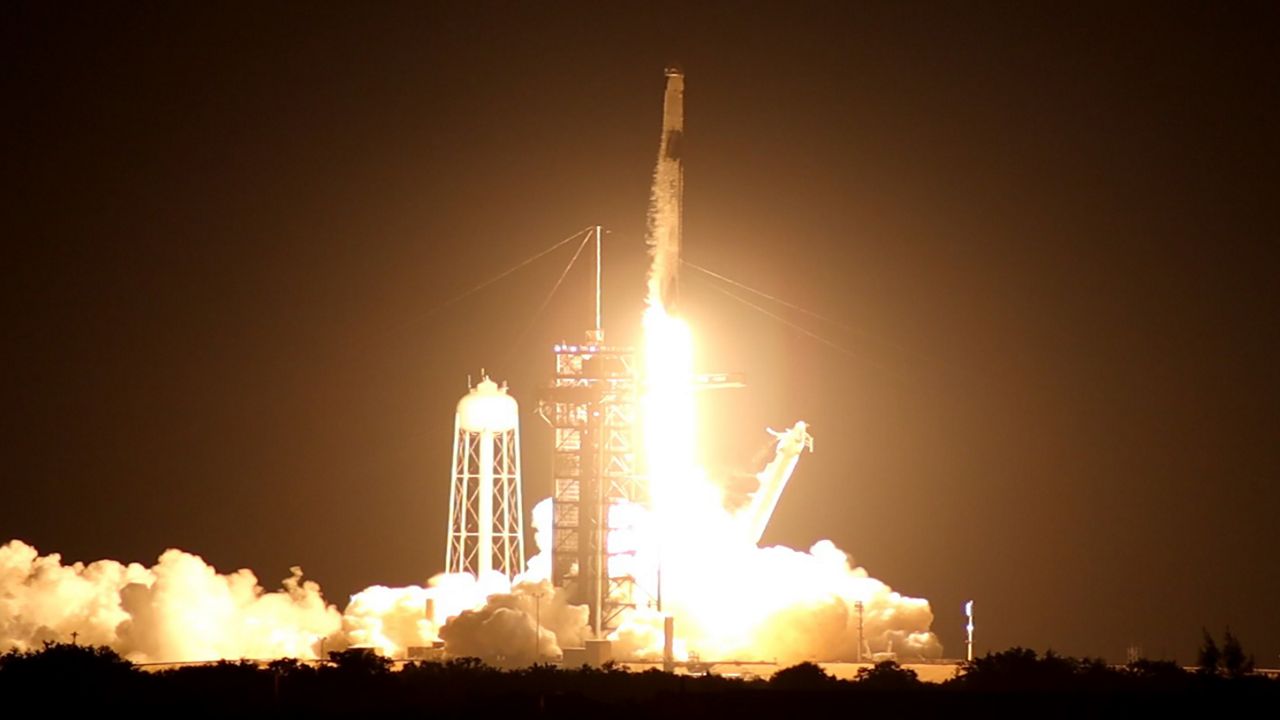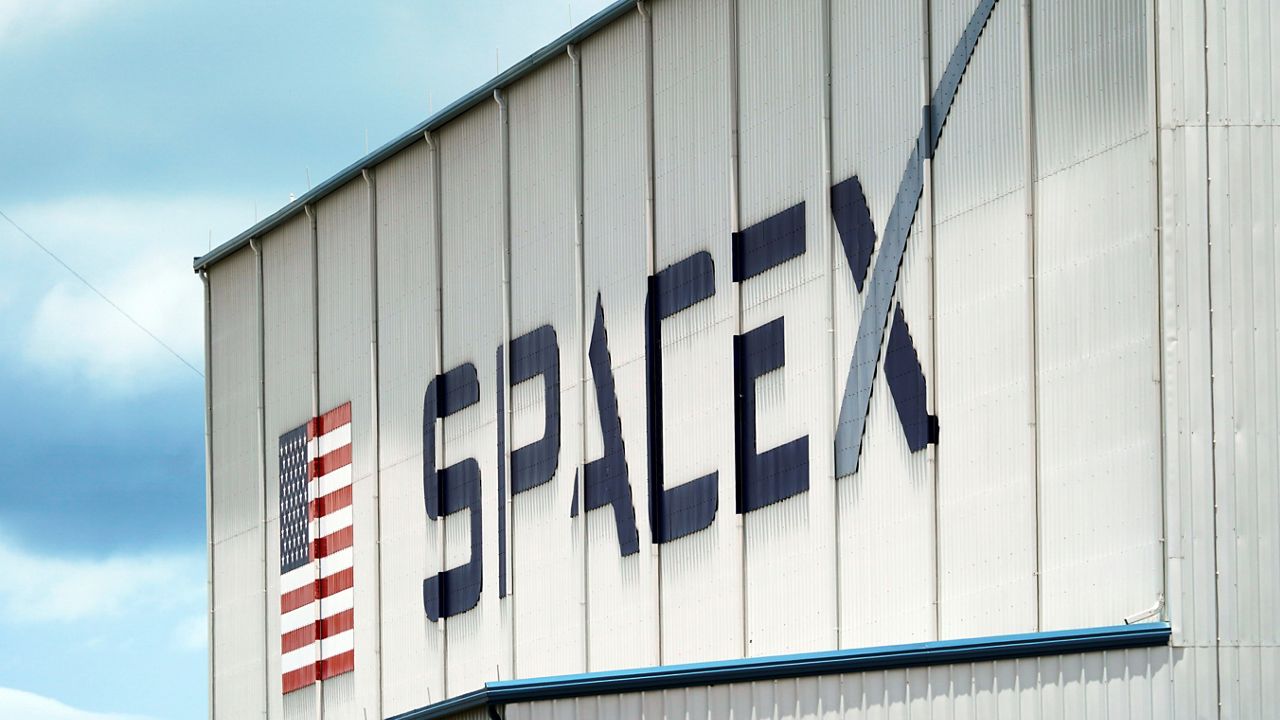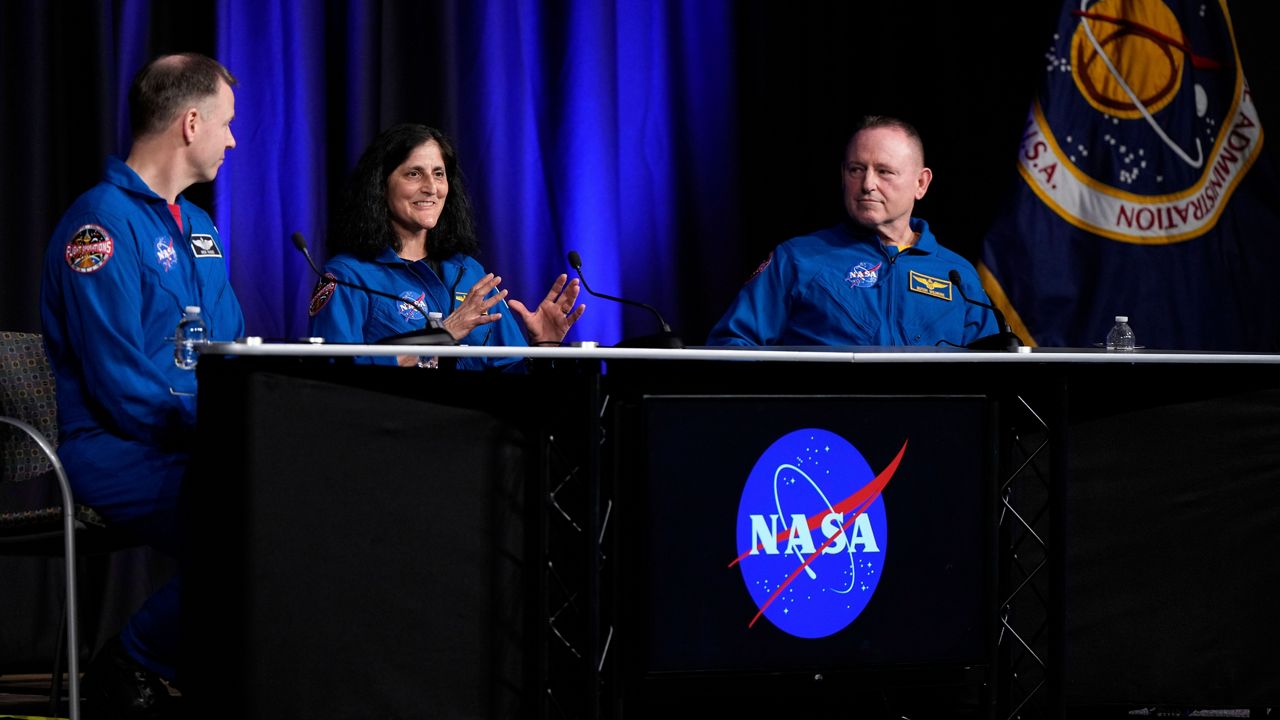CAPE CANAVERAL, Fla. — The final launch of the Delta IV Medium rocket took place on Thursday morning as United Launch Alliance will be retiring the rocket after nearly two decades of flights.
- Delta IV Heavy, Atlas V rockets will also retire
- ULA's new rocket will be the Vulcan Centaur
- Get more space coverage
- SEE BELOW: Re-Watch the Delta IV rocket launch ▼
After years of service, the Delta IV Medium took its last launch today as United Launch Alliance will be retiring the rocket.
— Spectrum News 13 (@MyNews13) August 22, 2019
Discover more of its history and watch the launch if you missed it here: https://t.co/tvwvrJ3nLB pic.twitter.com/RWnZpL3RGM
ULA is looking toward the future as it retires the Delta rocket.
"We're flying out the Delta IV medium," said Tony Taliancich, ULA Launch Operations director and general manager. "Our plan and strategy is to eventually transition our team towards the Vulcan Centaur for the future. That is our vehicle that we're positioning ourselves for the long term competition and survivability in the market."
Eventually the Delta IV Heavy and Atlas V rockets will also be retired to make way for the next generation Vulcan rocket.
The medium is the single "stick" version of the Delta IV rocket. It first launched in 2002, and this will be its 29th flight.
The rocket has been used primarily to launch national security satellites for the U.S. military.
ULA is using the #DeltaIV Medium+ (4,2) rocket to launch the #GPSIIISV02 satellite for the @usairforce @AF_SMC @LockheedMartin pic.twitter.com/z9TvLGpgiO
— ULA (@ulalaunch) August 22, 2019
On board this Delta IV Medium on Thursday is the GPS III satellite for the U.S. Air Force. Nicknamed Magellan, it is the second in a series of 10 next generation GPS III satellites built by Lockheed Martin.
It is designed to improve accuracy, making it three times more accurate for military users. It also has up to eight times improved anti-jamming capabilities to make sure important signals used by our troops are not interrupted.
In addition, the satellite broadcasts a compatible signal with other international GPS systems, allowing us the ability to receive signals from other country's satellites.
In addition to the 10 GPS III satellites, the Air Force selected Lockheed Martin to build 22 additional GPS III Follow On satellites with additional capabilities.
So in total, the company is under contract to build 32 GPS satellites for the military.
Thursday's 27-minute launch window opened at 9:06 a.m. ET it had been 9:01 a.m. — but it was pushed back twice — from Space Launch Complex 37 at the Cape Canaveral Air Force Station.
However, on Thursday morning, ULA tweeted out that there was an indication of a hydrogen leak, but the countdown is still proceeding.
The indication of a hydrogen leak has been detected by the HazGas system. The countdown is proceeding for the #DeltaIV launch while engineers access data.
— ULA (@ulalaunch) August 22, 2019
Yet, ULA later tweeted out that there was no leak discovered.
Subsequent testing has determined that there is not a hydrogen leak associated with the second stage. Engineers recommend proceeding with the launch countdown today. The 26-minute launch window opens at 9:01amEDT (1301 UTC).
— ULA (@ulalaunch) August 22, 2019
Re-Watch the Delta IV Rocket Launch











